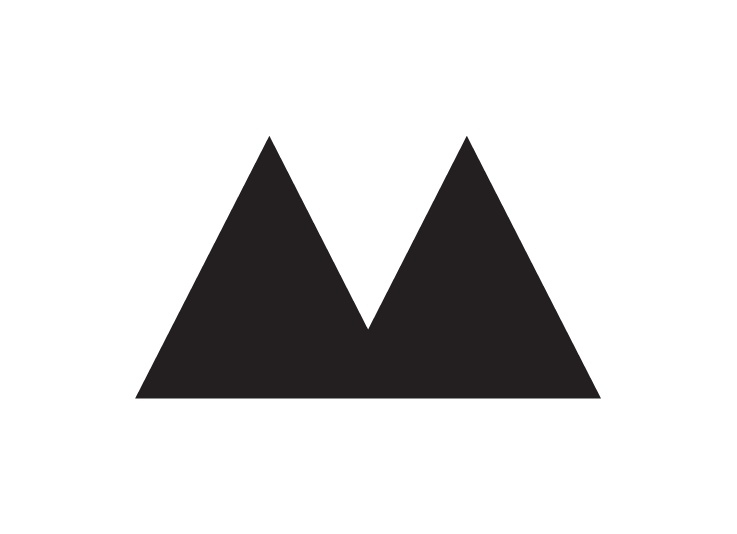Cultural Land Management Planning (CLMP)
Moussaoui are actively changing the way the planning process is carried out. Our vision seeks to move beyond conventional Western-European models toward a more holistic perspective - one that recognises land as a living entity, deeply connected to culture, community and ecology.
This approach draws on Indigenous knowledge systems that have sustained Country for tens of thousands of years. These systems view land as an integral part of identity and collective responsibility. Moussaoui believes that embedding these perspectives into the planning process, first, enriches outcomes for all, and fosters more sustainable, respectful and culturally informed development (Moussaoui, 2023,25).
To achieve this, we are shifting the initial consultation and decision making structure. Rather than defaulting to statutory bodies and frameworks established through State and Federal governance, early engagement is centred around Aboriginal Land councils and other Sovereign Aboriginal Organisations as the rightful custodians of country. These groups possess deep, place-based knowledge that is essential to understanding the ecological, cultural and ceremonial significance of land.
This model enables Indigenous communities to take an active role in determining land use, protecting sacred spaces, and managing local ecologies through culturally appropriate practices. It also opens a space for traditional ecological knowledge to work alongside contemporary planning frameworks - creating opportunities for genuine collaboration and shared stewardship.
As part of the Cultural Land Management Planning Process (Moussaoui, 2024), we address historical and ongoing dispossession, which requires a genuine centering of Indigenous knowledge and leadership. This shift occurs throughout Moussaoui's planning processes, at the architectural level and eventuates at New Policy Level through what we see as a subtle, but necessary, reform of institutional structures.
"The goal is not to diminish systems which exist, but to evolve them - to develop new models that acknowledge the sovereignty of First Nations people and support shared decision-making, accountability and cultural integrity."
By working together we will lay the foundation for a more equitable, resilient
and culturally grounded future.
